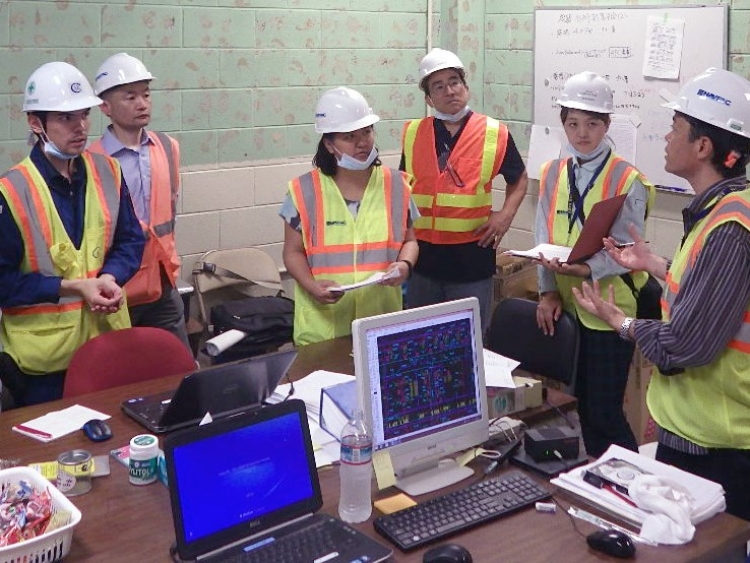Bentley Systems’ New Carbon Analysis Capabilities Help Reduce Infrastructure’s Carbon Footprint
Bentley makes carbon impact analysis a systematic part of the design process for new and existing infrastructure assets and simplifies embodied carbon reporting with added 3D visualisations. VANCOUVER (Bentley Systems’ Year in Infrastructure 2024) – Bentley Systems, Incorporated (Nasdaq: BSY), the infrastructure engineering software company, today announced the general availability of new Carbon Analysis capabilities […]
China Grants USD 20m on School Infrastructure & Education Improvement Project in Cambodia
In a significant step for Cambodia’s educational development, a USD 22.5 million project dedicated to improving school infrastructure and supplying educational materials was officially inaugurated at Hun Sen Peam Chi Kang High School in Kampong Cham province, under the presidency of PM Hun Manet on 26 October 2024 The ambitious project, primarily funded by the […]
World Bank Approves USD 80 Million Grant to Elevate Cambodia’s Education Sector & Renovate 147 Laboratories
In a significant boost to Cambodia’s education system, the World Bank has approved a USD 80 million grant aimed at upgrading the country’s tertiary education and research infrastructure. Over the next six years, the financing will be used to renovate 147 laboratories across nine public higher education institutions, providing improved facilities for academic growth and […]
Cambodia Unveils National Customs School as the Newest Asia-Pacific Training Hub
Cambodia has officially launched its National Customs School as the 11th Asia-Pacific Training Center of the World Customs Organization (WCO), marking a major milestone in the country’s role in international customs training and cooperation. The inauguration ceremony was presided over by HE Dr Aun Porn Moniroth, Deputy Prime Minister and Minister of Economy and Finance, […]
Japan Grants Over US$57m to Cambodia for Human Resource & Infrastructure Development
The Ministry of Economy and Finance and the Japan International Cooperation Agency (JICA) have signed two agreements worth 8.679 million yen (US$57.5 million) to support human resource and infrastructure development in Cambodia. This was announced in a joint press release on 19 July 2024. The agreements include a grant financing agreement and a concessional loan […]
World Bank Grants Nearly US$80m to Cambodia to Enhance Over 1,500 Educational Institutions Nationwide
The World Bank has allocated an additional US$79.5 million to Cambodia to improve access to quality education across 1,590 educational institutions. This expansion, announced in a press release on 30 May 2024, builds upon an initial funding package of US$69.25 million approved in January 2022. The new financing package includes a US$60 million loan from […]



 ខ្មែរ
ខ្មែរ







